Shameless Confession: I Enjoyed Rampage to a Ridiculous Extent
Giant monsters are a part of my extended family. They’ve been around since I was a kid, and even if I didn’t see much of them during my years at college, they’d always come back into my life to provide support and wellness. Yeah, some are not that great and maybe I’d rather visit with them again, but the best of them will always be there for me.
Rampage is now a favorite second cousin. It’s no classic Godzilla flick (a godfather figure) or King Kong (a beloved sibling), but I look forward to hanging out with it at the next family gathering, ‘cuz it’s a real cut-up. And since Rampage arrived on home video and VOD platforms this week, I can now kick back with it whenever I need a pick-me-up.
And no one is as surprised at this new addition to my kaiju family as me. When 2018 started, I pegged my giant monster hopes on Pacific Rim: Uprising. The first Pacific Rim was a blast, and even if this sequel lacked the guiding hand of Guillermo del Toro, it still had the strong support of the original’s world-building. Rampage, an adaptation of a video game — rarely a positive sign — from the director of the dreadful San Andreas, didn’t have such promise. Dwayne Johnson was adding his welcome presence, but Dwayne Johnson was also in San Andreas and ended up helping that not a bit. I held out shaky hope that Rampage might be “okay” and looked forward to Pacific Rim: Uprising.

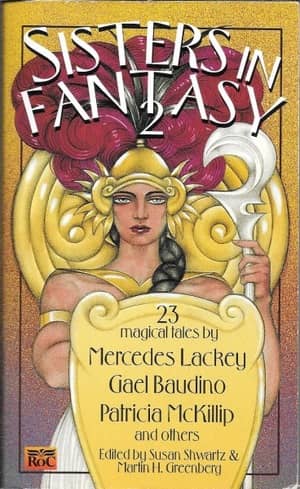
 After my first two films last Saturday, I left the large Hall Theatre to see a documentary in the 150-plus-seat De Sève Theatre across the street. The documentary was called Boiled Angels, and it presented the case of zinester and comics creator Mike Diana, whose transgressive work led to him being arrested and put on trial in Florida in the 1990s. I’d followed Diana’s plight at the time through reports in The Comics Journal, and was intrigued to learn more about it now. But if I personally was interested in the film as a look at comics history, I was surprised to find that much of the rest of the crowd was drawn by the chance to see new work by horror director Frank Henenlotter, creator of works like Bad Biology, Frankenhooker, Brain Damage, and Basket Case.
After my first two films last Saturday, I left the large Hall Theatre to see a documentary in the 150-plus-seat De Sève Theatre across the street. The documentary was called Boiled Angels, and it presented the case of zinester and comics creator Mike Diana, whose transgressive work led to him being arrested and put on trial in Florida in the 1990s. I’d followed Diana’s plight at the time through reports in The Comics Journal, and was intrigued to learn more about it now. But if I personally was interested in the film as a look at comics history, I was surprised to find that much of the rest of the crowd was drawn by the chance to see new work by horror director Frank Henenlotter, creator of works like Bad Biology, Frankenhooker, Brain Damage, and Basket Case. 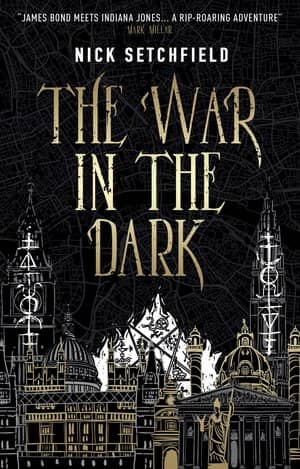
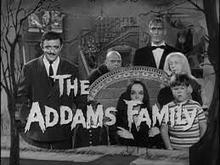 In my last couple of posts I’ve looked at
In my last couple of posts I’ve looked at 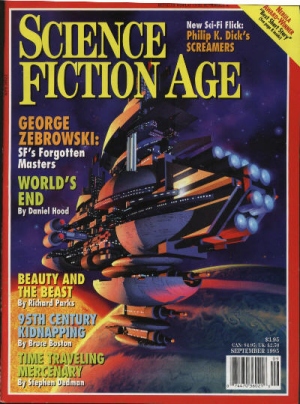
 Weekend days are busy days at the Fantasia film festival. Weekends are when most people are most often free to see movies, so the programmers obligingly schedule a lot of films for Saturdays and Sundays. Last Saturday I had three movies I wanted to see. On the Sunday, I had five. Which meant that Fantasia was well and truly underway.
Weekend days are busy days at the Fantasia film festival. Weekends are when most people are most often free to see movies, so the programmers obligingly schedule a lot of films for Saturdays and Sundays. Last Saturday I had three movies I wanted to see. On the Sunday, I had five. Which meant that Fantasia was well and truly underway.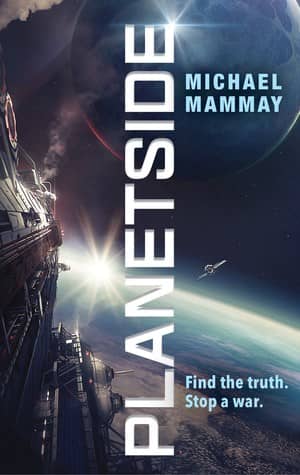
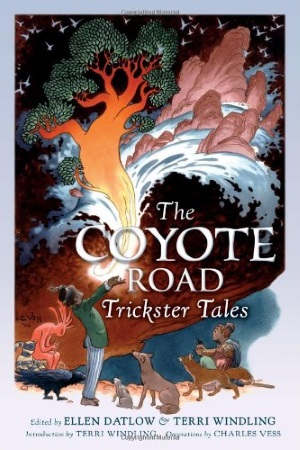
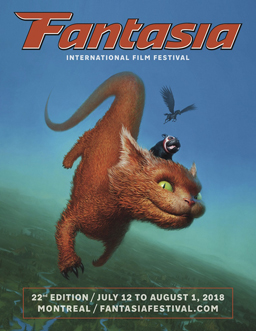 Fantasy’s described by fantasy: consider John Crowley’s Little, Big, a novel about a faerieland where the further in you go the bigger the land becomes. A powerful image, it echoes the way fascinations gain in depth and scope the more you explore them. How familiar experiences can become strange the more you dig deeper into them, birthing mystery, growing weird. Art and story perhaps most of all. So I am about to begin my coverage of the
Fantasy’s described by fantasy: consider John Crowley’s Little, Big, a novel about a faerieland where the further in you go the bigger the land becomes. A powerful image, it echoes the way fascinations gain in depth and scope the more you explore them. How familiar experiences can become strange the more you dig deeper into them, birthing mystery, growing weird. Art and story perhaps most of all. So I am about to begin my coverage of the